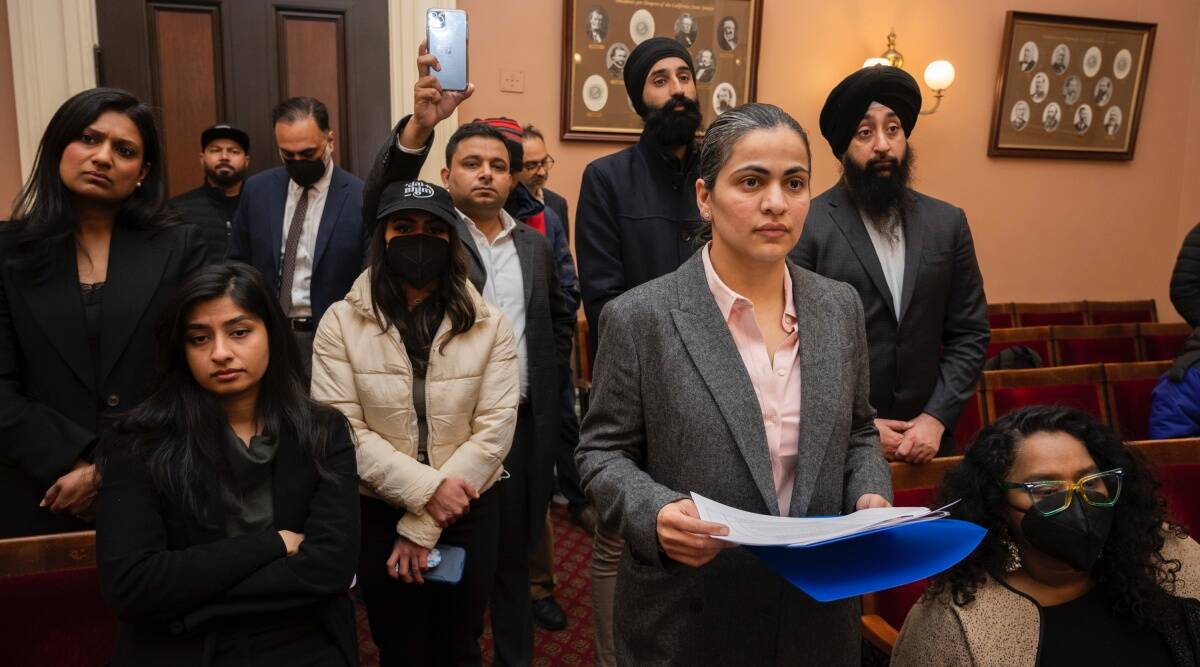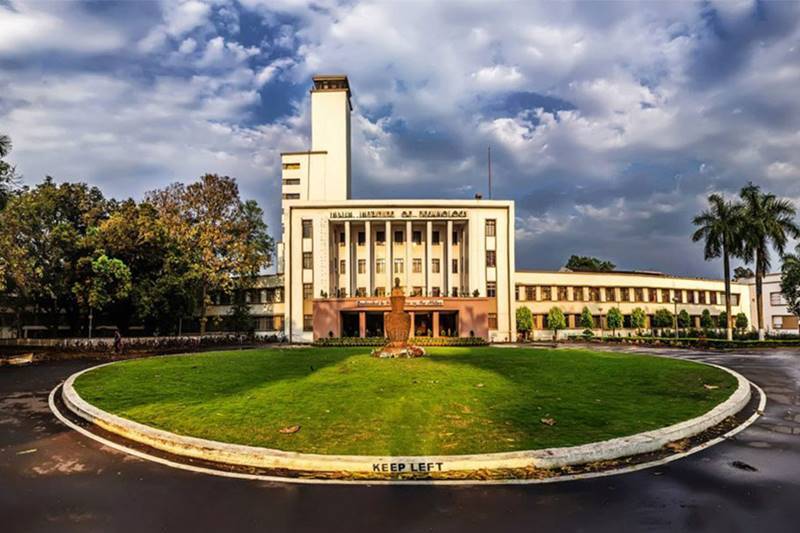The California Senate passed a bill to ban caste discrimination on 9th May 2023. It was approved 34-1 by the Senate. Accordingly, the Bill will soon be placed at the 32 State Assembly for consideration.
With this historical move, the state of California is soon to join Seattle which banned caste discrimination in February of this year, with a ruling of 6-1 by the city council. This bill has been passed while keeping in pace with the landmark decision that was made by California State University against caste discrimination. California State University with almost two dozen universities under its purview introduced caste discrimination under its anti-discriminatory policies.
With this historical move, the state of California is soon to join Seattle which banned caste discrimination in February of this year, with a ruling of 6-1 by the city council. This bill has been passed while keeping in pace with the landmark decision that was made by California State University against caste discrimination. California State University with almost two dozen universities under its purview introduced caste discrimination under its anti-discriminatory policies. This addresses and deals with anti-Dalit biases within the educational institution and sets a precedent that is yet to be followed by the other states.
Kshama Sawant, the Seattle council member who lobbied for the introduction of this legislation, spoke about the landmark victory that this legislation may signify for the Dalit communities in and outside South Asia. She explains in the FII podcast how the anti-discriminatory legislation was introduced in opposition to the right-wing Modi regime in India. “I put forward a resolution across Seattle city council condemning the CAA NRC laws by the Modi regime and urging the US Congress to do the same. There were thousands of activists who supported us, I am talking about both South Asian working people who supported us, stood with us across religion, across caste, overwhelmingly in solidarity with the resolution, as were American workers,” she says.
However, she also points out the backlash she received from the right wing when the legislation was introduced. “But we did have massive opposition from the Modi aligned right wing, it was a really important example how you can only win against the right-wing, the Trump right-wing, regardless which country. Only way to deal with them is to not act like their points have any legitimacy and we expose them for what they are- promoting the oppression of certain communities,” she says.
Even though caste hierarchy and biases around it are rooted in Indian culture, as South Asian communities move to different parts of the world, such discriminatory practices travel with them and get integrated into a global culture. Thus, it is shortsighted and redundant to believe that the evils of caste discrimination are absent abroad.

It must be recognised at the risk of gross generalisation that those who emigrate to Western continents are usually people with considerable social and cultural capital. Predominantly upper-class, and upper-caste people are those who have the privilege to get access to such social capital and thus their caste biases become an integral part of the community that they form abroad.
The Dalit community in India is an oppressed minority. Therefore, in the Western countries within the minority community of South Asia, a Dalit person is twice removed from the protection of anti-discriminatory that is functional there. Such legislation creates awareness in communities outside South Asians in the West and allows Dalit individuals to fall back on it in case they face harassment from fellow South Asians in the continent. As Kshama Sawant pointed out, it creates a momentum that can create awareness and provide protection to those who make it out into different continents.
The Seattle legislation was foregrounded upon a report produced by the organisation Equality Labs in 2018. The report based on a survey conducted throughout the United States stated that 25 percent of the Dalit population has faced verbal or physical abuse during their stay there. In educational campuses like schools, colleges, or universities, one in every three Dalit students reported that they have faced discrimination on the basis of their caste.
The Seattle legislation was foregrounded upon a report produced by the organisation Equality Labs in 2018. The report based on a survey conducted throughout the United States stated that 25 percent of the Dalit population has faced verbal or physical abuse during their stay there. In educational campuses like schools, colleges, or universities, one in every three Dalit students reported that they have faced discrimination on the basis of their caste.
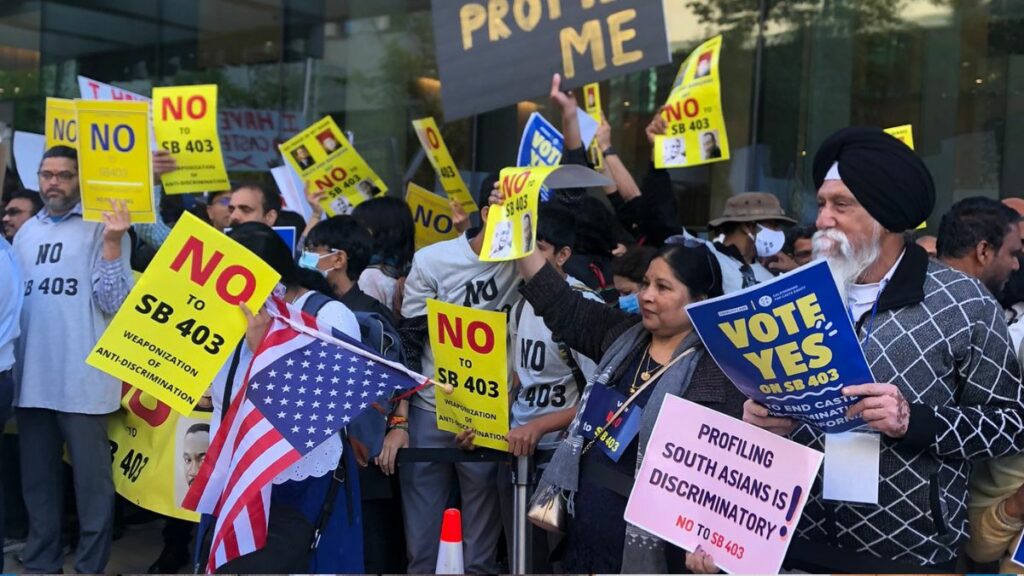
Sawant cites an incident at Rutgers University in New York, where two student workers and a faculty member went on a strike. Their list of demands also included a ban on caste discrimination on campus. Similarly, two out of three Dalit individuals have admitted to being discriminated against due to their caste in workplace setups.
The organisation states in its report that 60 percent of Dalits have admitted to being harassed and discriminated against through caste-based derogatory jokes, and 40 percent of Dalits and 20 percent of Shudras have been made to feel unwelcome and discriminated against in places of worship. 20 percent of Dalits have reported being discriminated against in business establishments.
The organisation states in its report that 60 percent of Dalits have admitted to being harassed and discriminated against through caste-based derogatory jokes, and 40 percent of Dalits and 20 percent of Shudras have been made to feel unwelcome and discriminated against in places of worship. 20 percent of Dalits have reported being discriminated against in business establishments.
The survey provided a strong basis upon which the legislation could be taken forward. It also pointed out the strong prevalence of caste-based discrimination in the United States that often gets undermined by the minority status of the South Asian community at large.
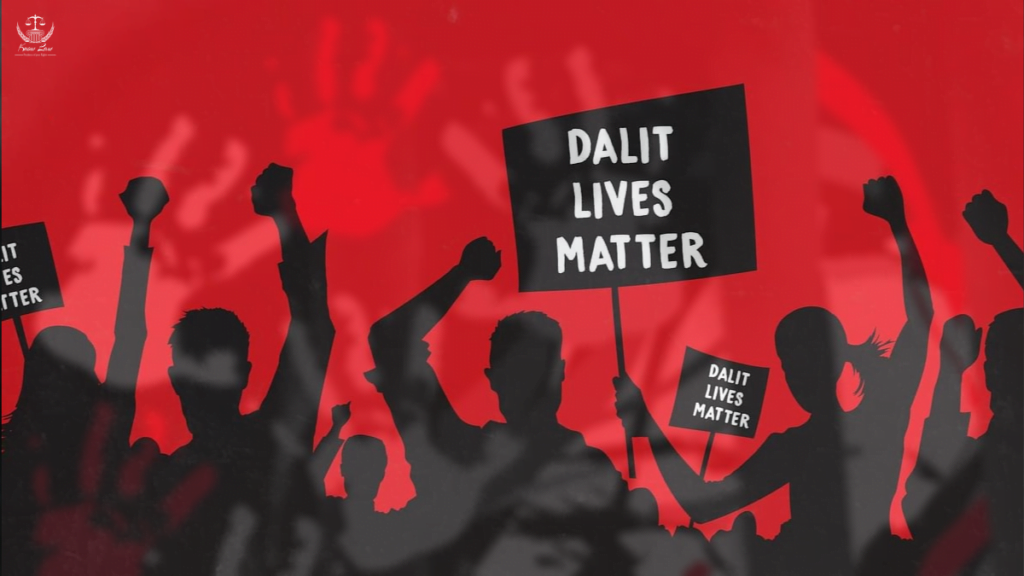
Kshama Sawant further iterates, “Having the boldness to call them out for what they are is a very important component for our political strategy.“
Another report produced by the Carnegie Endowment for International Peace stated that 5 percent of Americans face discrimination on the basis of their caste. This study also lent support to the anti-caste movement in the West and contributed to the momentum that the movement is gathering in the West.
Migration Policy Institute published an article in 2021 that stated that in 2019 there were 14.1 million Asian immigrants in the US. The rise had taken place significantly with the Asian immigrant community accounting for 31 percent of the total 44.0 million immigrants in the United States.
Among Asian countries, Indians have the highest number of immigrants with a total of 2.7 million, accounting for 19 percent of total Asian immigrants in the States since 2013. This number is followed by China with 18 percent of the Asian immigrant community.
Therefore, with a growing population of the Indian community in the US, the anti-caste movement has gained priority in and outside of the community and has been garnering political and social support within the States.
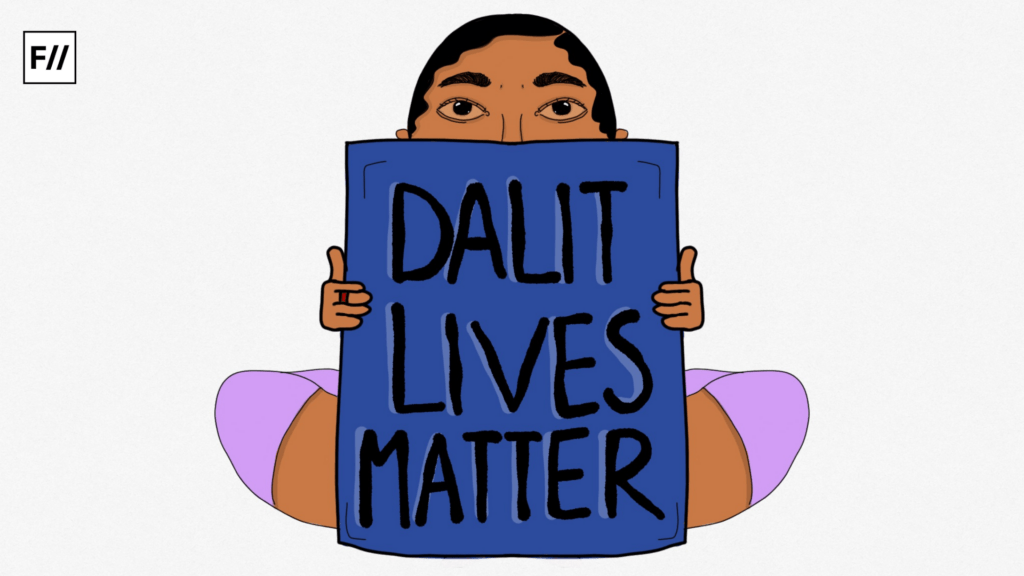
Kshama speaks of building the movement from the ground up with the help of grassroots organisations and workers. “We built a really powerful movement with the support of unions, oppressed caste organisations, alongside dominant caste Hindus, Muslims, Sikhs. That is the basis on which we were able to win.”
Kshama Sawant foresaw the rise of the Hindu Right wing and recognised the importance of such anti-discriminatory legislation and the need for regulating prejudices and biases that are emerging along with their conservative politics. She speaks of the significance of this victory in the face of rising right-wing oppression and the potential that could be realised.
Kshama Sawant foresaw the rise of the Hindu Right wing and recognised the importance of such anti-discriminatory legislation and the need for regulating prejudices and biases that are emerging along with their conservative politics. She speaks of the significance of this victory in the face of rising right-wing oppression and the potential that could be realised.
“About our legislation banning caste discrimination, they (right-wing opposition) said I am also against caste discrimination but this legislation is not the way to go. We responded to that by calling it out as falsehood. If you were genuinely against caste discrimination, how would you oppose legislation banning caste discrimination?” Sawant says.
Kshama Sawant advocates for a strategy of boldness that calls them out on their falsehood and exposes their real intention behind it, rather than engaging with them in endless debates. “The reason this is such a powerful victory is because it made Seattle the first jurisdiction ever in any level outside South Asia to have banned caste discrimination. That’s why it has captured the imagination of millions of people in South Asia. It has opened the floodgates for potential victory in the future,” says Kshama Sawant “but I say potential because they are not automatic. Future victory can only be won by using the bold strategy to overcome the right-wing Hindu establishments.“
About the author(s)
Debabratee (she/they) is a student of English Literature at Jadavpur University. When they are not found reading or writing, they are found running after their pet dog and cuddling with him. They are avid binge-watcher of all kinds of OTT content and like to dissect and analyse them in their free time.
